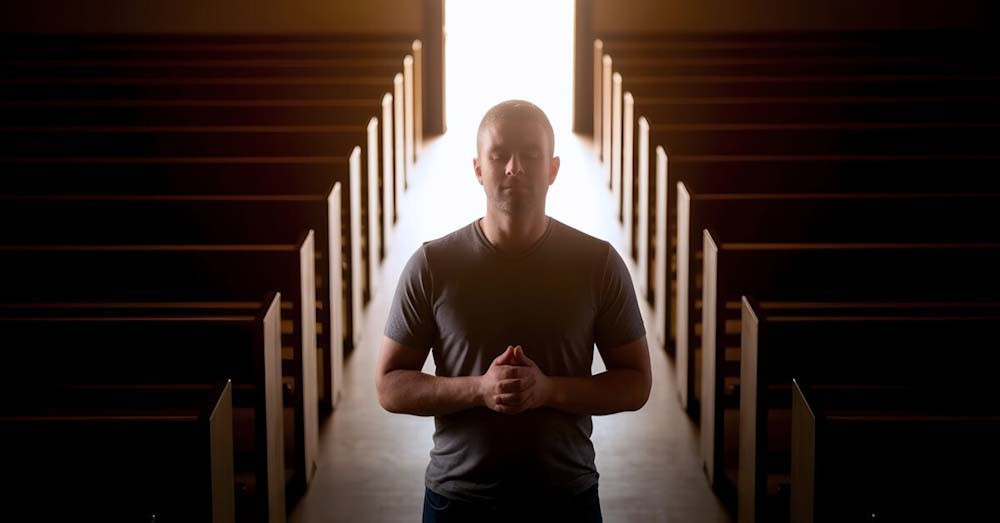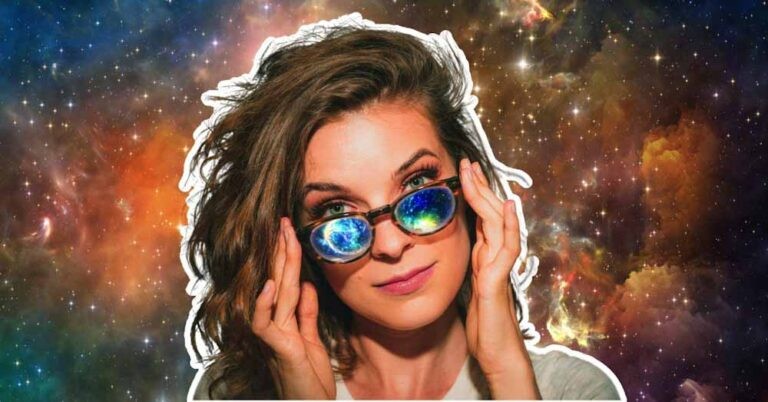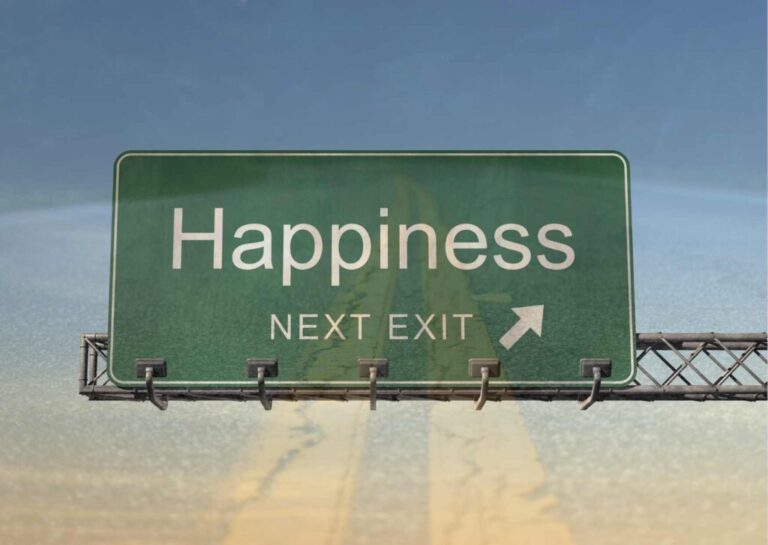
Often, I have asked myself what the one thing that everyone is looking for in their life—the highest calling—a purely utilitarian decision of choosing the outcome with the highest benefit, such as choosing to get 10 USD over 5 USD. My answer is “happiness,” as all our decisions and desires in life are guided by the ongoing desire to maximize positivity and minimize negativity.
We can even say that there is no logical decision that isn’t guided by emotional energy, as in order to choose anything we want to do, we need to consider if a certain outcome is desired, positive, and beneficial. In other words, we need to consider how we feel about everything we do, as there is a positive feeling attached to choosing 10 USD over 5 USD, and a negative feeling associated with doing anything we don’t want to do.
I showcase this with a story of an individual described in my book Optimal Happiness, where due to an accident, this individual lost their ability to feel emotions and therefore became unable to make even the most basic life decisions that we take for granted, such as choosing the already mentioned 10 USD over 5 USD. Naturally, they could logically say that 10 USD was better than 5 USD and that logically, they should choose the 10 USD, as it provides the highest utilitarian outcome. However, emotionally, they weren’t able to feel that 10 USD provides more positivity, and therefore, they wouldn’t often choose this seemingly obvious outcome.
To make things worse, this lack of emotional guidance wasn’t as evident in other aspects of life. For example, this individual couldn’t understand why they needed to dress up or go to work. Eventually, they stopped doing virtually anything in life, transforming from one of the most productive members of society—with a family, a good job, and an active lifestyle—into someone who was completely dependent on others.
Furthermore, this makes sense as, above everything else in life, we want to find happiness—that is, to become as happy as we can be, or to find Optimal Happiness—making every decision guided by this positive desire.
However, we could say that there is one desire that supersedes happiness: the desire for enlightenment and ascension, also known as the desire to find God. This desire seems to be universal and exists across every religion in the world, with some people suggesting that we are talking about the same God, even if we call it by different names.
Naturally, to avoid the age-old discussion over who is right or wrong regarding their religious beliefs, as today we have even more ideas about what God could be, such as the idea that God is everything and nothing, that we live in something resembling the Matrix, and that it is all energy.
Here what’s important is to understand that a euphoric connection to God will provide far more happiness than we can ever achieve by living a materialistic life. This means that, above everything else in the world, we want to be connected to God. However, happiness is still a guiding light that directs our decision-making and leads us to God.
At the same time, we need happiness to find God. This means we can’t discard happiness and focus solely on spirituality and enlightenment, as happiness serves as a compass that directs us towards the things we want to do and away from those we don’t, with God providing us with the highest happiness, the ultimate positive outcome among the countless desires we have in the world today, one that we can enjoy still during this lifetime.
Here, it is important to define happiness correctly. For example, short-term desires often provide poor life direction, as they lead to fleeting satisfaction followed by long-term harm. Examples include eating delicious yet unhealthy food, which can make us unhealthy, or consuming drugs, which provide momentary happiness but later harm our health and overall well-being.
In fact, I personally found God in my life by studying happiness, as I was raised as an atheist, or rather agnostic. However, in my search for ultimate and unconditional happiness I couldn’t reconcile why spiritually oriented people were consistently found to be happier than their less spiritual counterparts. Through this research and by trying techniques discussed in different religions, such as praying, chanting, and meditating, I finally found my version of God, and today, I consider the pursuit of spiritual enlightenment and Optimal Happiness to be interconnected goals.
Interestingly, I find that to practice religion and spirituality effectively, we need to feel good about our practice. The better we feel, the more benefits we seem to gain. And while every religion includes some ascetic practices involving pain and suffering on the road to finding God, many enlightened beings, like Buddha, ultimately advocate that being “comfortable” is better than “suffering,” as comfort seems to provide more focus towards our practice, and as the ultimate goal of any spiritual practice should be unconditional happiness anyway. In other words, if you are excessively suffering while following a spiritual practice, you may still reach your goal, but not as quickly as if you do it happily.
In this way, I remember a few movies that mentioned that some of the most advanced societies in the world eventually “die out” because they learn how to collectively ascend and reach higher planes of existence, guaranteeing an eternal life for all their citizens. This is naturally a utopian view of a society and is in line with what all major religions of the world are trying to do, but on a much grander scale.
After all, all major religions of the world tell us to “practice” our spirituality and follow its path. They try to incentivize us to do it to different levels of success, but this is a very hard process, as people tend to be attracted to the materialistic path, which in many ways seems to be opposite to spiritual pursuit.
However, if we can agree that above everything else in life we want to be happy, and the ultimate, optimal, or euphoric happiness is to be connected to God, resulting in enlightenment and ascension to a higher plane of existence, then everything else is a distraction. Ultimate, unconditional, and perfect happiness can only be found in trying to reach this highest goal.
Lastly, the material on this blog is tailored to every religious and spiritual worldview, including atheistic ones, such as from a point of view of atheism “spirituality is a reason for being happy without having a reason for being happy.” This means that even if everything else is going wrong in our lives, we can still be happy. However, we can’t discuss happiness without touching on some aspect of “God,” which many other life coaches do incorrectly by trying to impose their personal religious beliefs, either completely ignoring any other worldview or plainly saying that everyone else is incorrect.
Nevertheless, happiness matters, you matter, your beliefs matter, and our spiritual maturity matters. So if you want to be happier and, as a result, find God through happiness, continue to read this blog or get familiar with our other offers.
Stay happy!















2 thoughts on “Beyond Happiness: The Path to Enlightenment and Ascension”
What is meant by USD?
USD or $$$, the currency in the USA. I mean, a purely utilitarian decision of choosing the outcome with the highest benefit. To make things more concrete and because I was inspired today, I updated this blog post to be even more concise and to the point. Thank you again for reading! :)